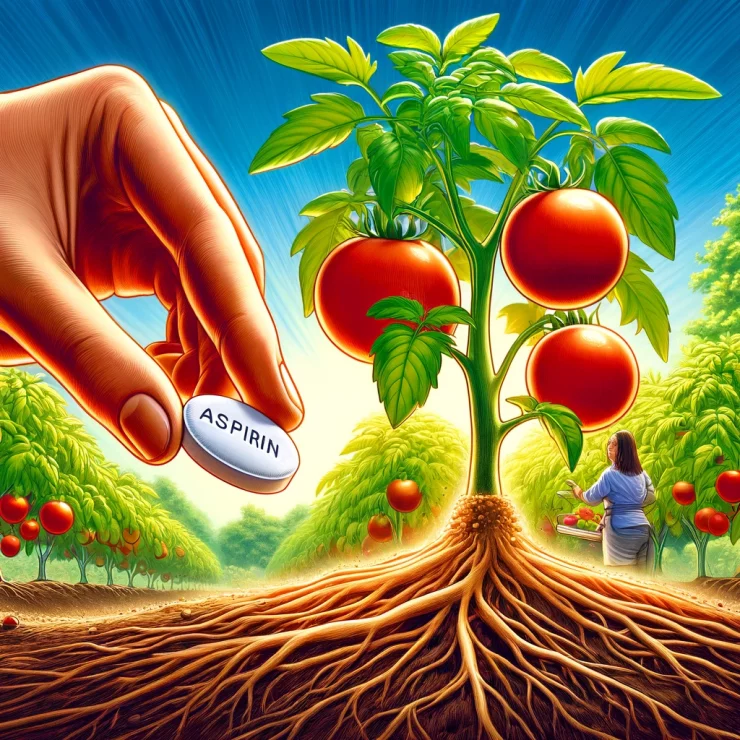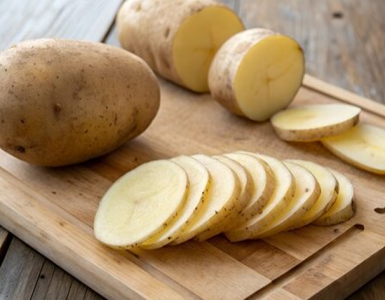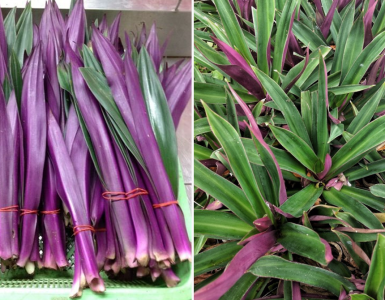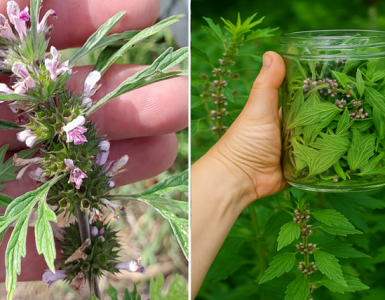In the realm of gardening, where every green thumb seeks ways to optimize plant health and vitality, a surprising yet effective tool has emerged: aspirin. Yes, the humble aspirin tablet, typically associated with headaches and pain relief, has found a new role as a gardener’s secret weapon. With its active ingredient, acetylsalicylic acid, aspirin offers a range of benefits for plants, from bolstering their immune systems to promoting growth and resilience.
But how exactly does this household medication translate to flourishing gardens? Let’s delve into the science behind this gardening hack.
The Science Behind Aspirin in Gardening:
Acetylsalicylic acid, the primary component of aspirin, possesses remarkable properties that can positively influence plant growth and health. When diluted and applied to plants, it serves as a potent salicylate source, which plants utilize to activate their natural defense mechanisms. Salicylic acid is a plant hormone involved in systemic acquired resistance (SAR), a process akin to immunization in plants. By triggering SAR, aspirin helps plants ward off diseases, resist pests, and overcome environmental stresses more effectively.
Furthermore, aspirin’s anti-inflammatory properties extend to the plant kingdom. It can alleviate stress-induced damage by reducing the production of harmful compounds within plants. This results in enhanced resilience to adverse conditions such as drought, heat, and frost.
Simple Hack to Enhance Plant Health:
Now, let’s explore how you can harness the power of aspirin to boost your garden’s vitality. Here’s a simple step-by-step guide:
Prepare the Solution: Dissolve one aspirin tablet (325 mg) in one gallon (approximately 3.8 liters) of water. Stir the solution thoroughly to ensure the aspirin dissolves completely.
Apply to Plants: Using a spray bottle or watering can, apply the aspirin solution to the leaves and soil around your plants. Ensure thorough coverage, especially on the foliage where plants absorb nutrients and react to stressors.
Repeat as Needed: Depending on your gardening goals and the condition of your plants, you can apply the aspirin solution every 2-4 weeks throughout the growing season. Be mindful not to overuse it, as excessive application may lead to unintended consequences.
Observe and Enjoy: Sit back and observe the transformative effects of aspirin on your garden. You may notice increased disease resistance, healthier foliage, and more robust growth in your plants.
Testimonials from Gardening Enthusiasts:
“I’ve been using aspirin in my garden for several seasons now, and the results speak for themselves. My plants are more resilient, with fewer instances of disease and pest infestations. It’s like giving them a natural immunity boost!” – Sarah, avid gardener.
“I was skeptical at first, but after trying the aspirin solution on my struggling tomato plants, I noticed a remarkable improvement in just a few weeks. They bounced back stronger and produced a bountiful harvest.” – Michael, home gardener.
Aspirin’s role in gardening goes beyond pain relief; it’s a valuable ally in nurturing healthy and thriving plants. By incorporating this simple hack into your gardening routine, you can empower your plants to combat diseases, withstand environmental challenges, and flourish to their fullest potential. So, the next time you reach for an aspirin tablet, consider sharing a dose of its benefits with your garden as well.






Add comment